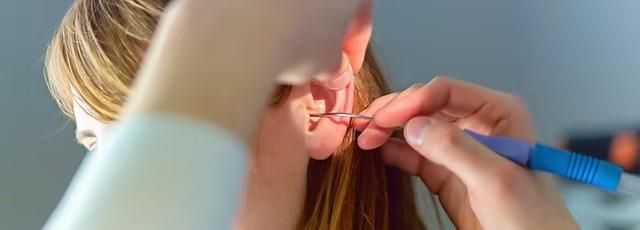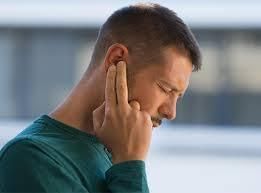Hearing and Noisy Environments
No matter where we live, we often deal with noisy situations. It can be tricky to understand conversations in a noisy place with or without hearing challenges. The challenge is more impactful for deaf and hard-of-hearing individuals.
To combat such a beast, you merely need a boost in your hearing ability, and voila! Your conversation skills will improve, leaving a positive impact on your life.
Try the following tips to improve your hearing in a noisy environment.
Seek Your Audiologist's Help
First and foremost, seek help from your Audiologist like Sid and Sukhina, here at Ealing Hearing Centre. They may be able to adjust your hearing aid or suggest a different device to increase your hearing in a noisy environment.
Practice in Noisy Environments
Your hearing aid picks up many different sounds, both wanted and unwanted. While your hearing aid does the heavy lifting, it is up to you to separate noise from verbal conversation.
Practice talking with your friend while in a quiet environment. Later, try having a similar conversation in a busy environment. If you don't see immediate results, don't quit, your progress will likely be slow, but sure.
Learn From Others
It can be tiring when you start using hearing aids. At first, your brain will register many sounds, making the adjustment period challenging and overwhelming.
An Audiologist or other hearing professional can help you navigate this change. They might offer practical counsel about your experiences and expectations. Or they can put you in touch with people who've dealt with such situations. You might be surprised to discover a community of experienced users who come to your help. Get in touch with us to find out more.
Use Assistive Hearing Devices
An Audiologist might recommend supplementary devices to enhance the signal-to-noise ratio in rare cases of severe hearing deficit. This term refers to the difference between the noise and the speech signal. Typically, most people understand and hear speech better when the difference is bigger.
An Audiologist might successfully maximise the signal-to-noise ratio using assistive listening devices (like FM systems or remote microphones). These work together with hearing aids to achieve the desired effect. The speaker typically wears the devices; alternatively, they might pass the devices between speakers, thus sending the speaker's voice directly into the hearing aids.
Before adopting such a procedure, consult your Audiologist. Likely, your Audiologist will thoroughly examine the situation and which assistive devices may be best. Let us help you hear better, today.
A noisy environment is not the end of conversations for you. With the proper hearing aids and ample practice, you can easily keep up and interact with others. Please contact us at Ealing Hearing Centre today.



